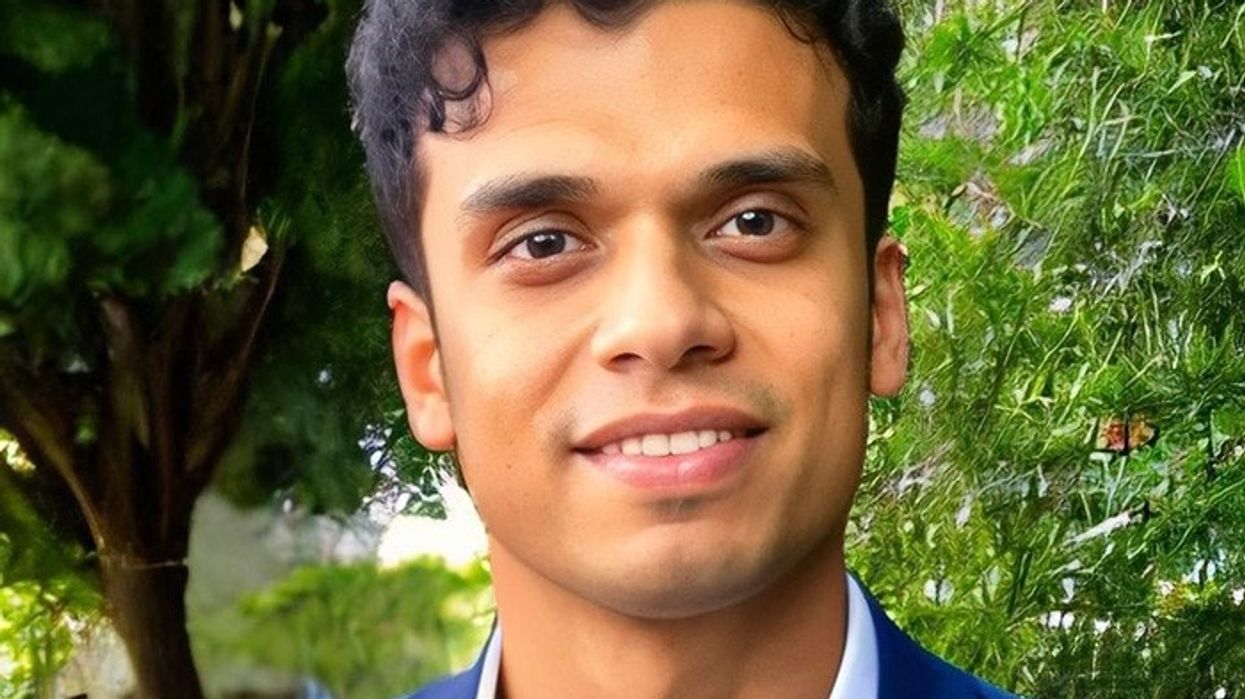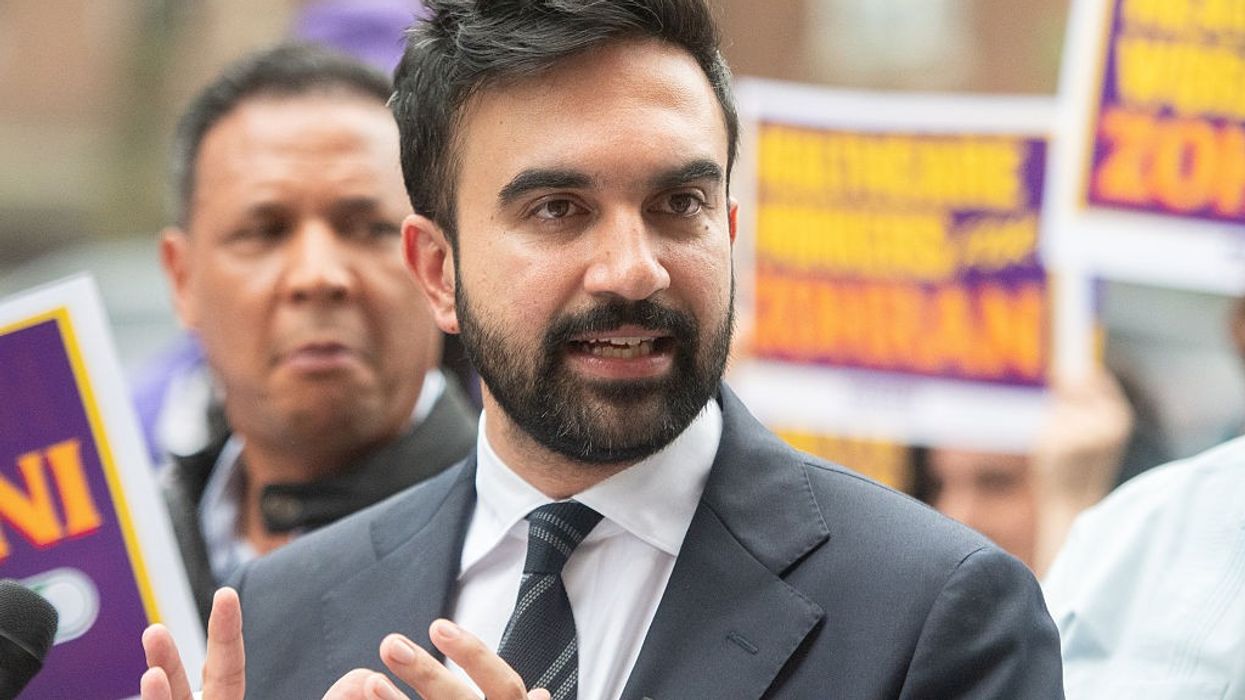In a controversial move that has reignited debates about free speech on American college campuses, Indian-American student Megha Vemuri, the 2025 class president of the Massachusetts Institute of Technology (MIT), was barred from attending her graduation ceremony after delivering an unsanctioned pro-Palestinian speech.
Vemuri’s exclusion marks yet another instance of disciplinary action taken against students across the U.S. who have spoken out against the war in Gaza.
Vemuri, who was scheduled to speak at Thursday’s OneMIT Commencement ceremony in Cambridge, Massachusetts, used her moment on stage to denounce Israel’s military actions in Gaza and criticize MIT’s institutional ties with Israel. Draped in a keffiyeh—a traditional scarf symbolizing Palestinian solidarity—she praised fellow students who had organized protests and demonstrations on campus throughout the academic year.
According to CNN, MIT leadership informed Vemuri shortly after her speech that she would not be allowed to participate in Friday’s official commencement ceremony. Furthermore, she was barred from campus until the ceremony had concluded. The university confirmed this decision publicly, stating that she would still receive her diploma, though it would be mailed to her.
A university spokesperson defended the decision, claiming that while MIT supports freedom of expression, Vemuri had “deliberately and repeatedly misled Commencement organizers” by submitting a different speech than the one she delivered. “She used the platform to lead a protest from the stage,” the spokesperson said, maintaining that disciplinary action was warranted.
Vemuri, a Georgia native who double-majored in computation and cognition and linguistics, responded by accusing MIT of hypocrisy and excessive overreach. “I see no need for me to walk across the stage of an institution that is complicit in this genocide,” she told the media. She emphasized that she had not been told which policies she had allegedly violated and was denied due process.
Her father, Sarat Vemuri, expressed support for her actions, saying that the family was proud of her advocacy and commitment to speaking truth to power. Vemuri noted that despite being barred, she felt grateful for her family’s presence and remained undeterred in her activism.
The incident has drawn criticism from civil rights organizations, including the Council on American-Islamic Relations (CAIR), whose Massachusetts Executive Director, Tahirah Amatul-Wadud, condemned MIT’s actions as an attempt to “punish and intimidate” students for standing up against genocide and in defense of Palestinian humanity.
This episode is part of a broader wave of disciplinary measures taken against students speaking out about Gaza. From NYU withholding a diploma to disciplinary threats at Harvard and Columbia, universities have faced increased scrutiny over how they balance campus safety, civility, and freedom of speech.
MIT’s stricter enforcement of protest rules this academic year comes amid intensifying political pressure, including criticism from former President Donald Trump and ongoing national tensions surrounding U.S. support for Israel.
















